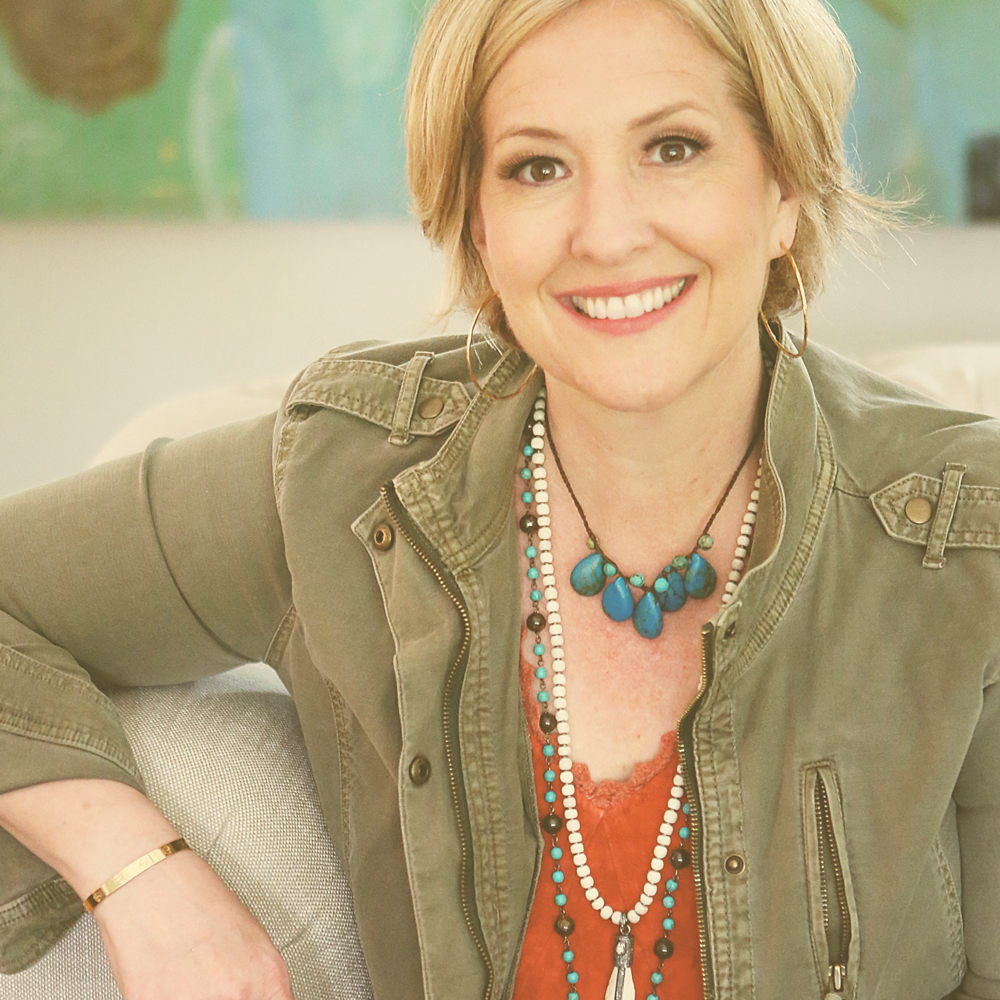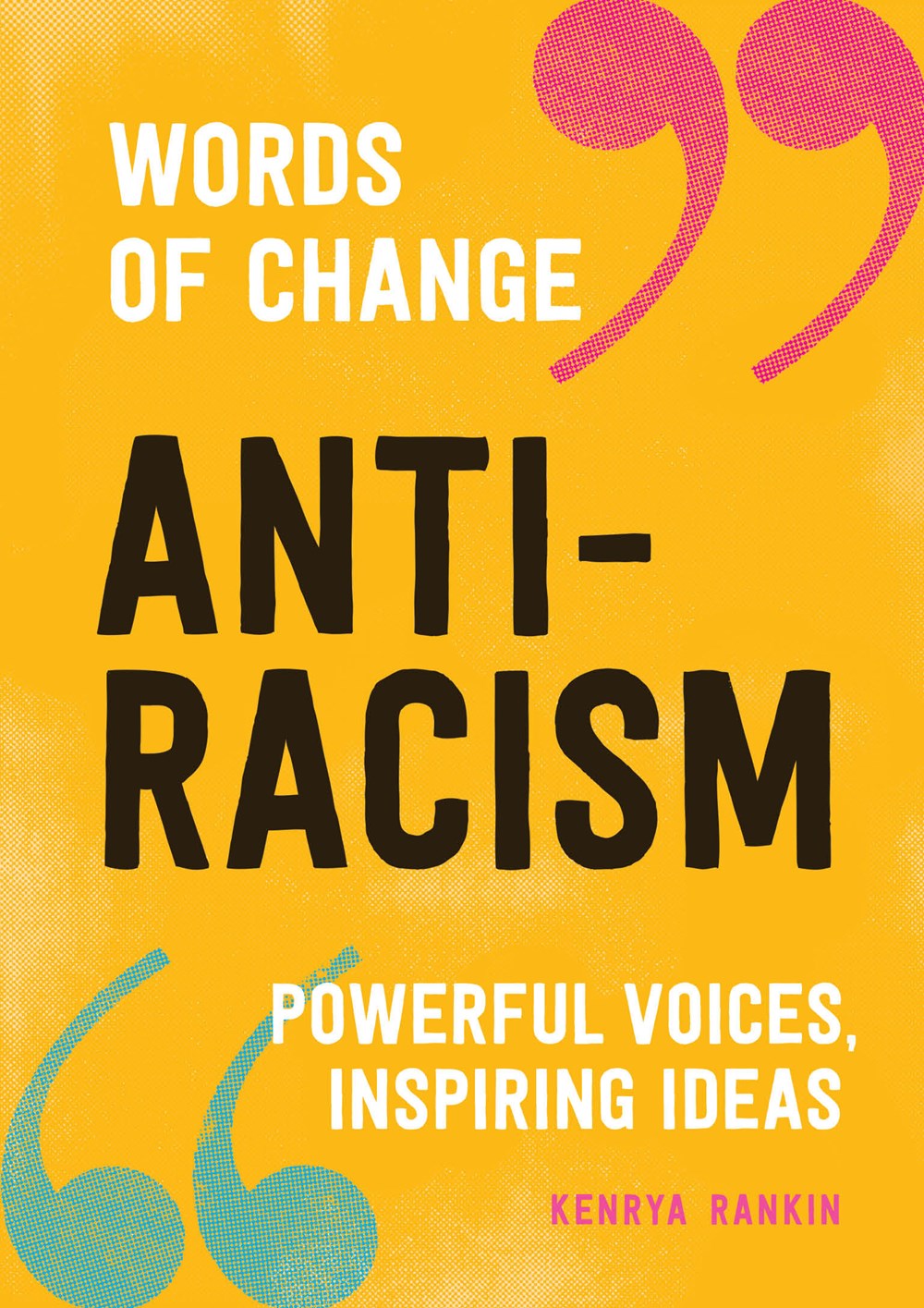Posted By Nicki Leone,
Friday, February 10, 2023
Updated: Friday, February 3, 2023
|
 "Our collective stories of race in the US are not easy to own. They are stories of slavery, violence, and systemic dehumanization. We will have to choose courage over comfort. We will have to feel our way through the shame and sorrow. We will have to listen. We will have to challenge our resistance and our defensiveness. We have to keep listening even when we want to scream, “I’m not that way. This isn’t my fault!" - Bene Brown "Our collective stories of race in the US are not easy to own. They are stories of slavery, violence, and systemic dehumanization. We will have to choose courage over comfort. We will have to feel our way through the shame and sorrow. We will have to listen. We will have to challenge our resistance and our defensiveness. We have to keep listening even when we want to scream, “I’m not that way. This isn’t my fault!" - Bene Brown
Author Photo Credit: Maile Wilson | Excerpted from Words of Change: Anti-Racism by permission of Sasquatch Books. Copyright 2020 By Kenyra Rankin. All rights reserved.
Learn
Gita Gulati-Partee and Maggie Potapchuk, in an article titled “Paying Attention to White Culture and Privilege: A Missing Link to Advancing Racial Equity,” write “Processes aimed at racial equity change can overlook the privileged side of inequity.” Work must include naming and de-centering whiteness, white privilege, and white superiority/supremacy, which racism is designed to protect and uphold. In other words, it is important not just to name white privilege, but also the power that is used to preserve that privilege – white superiority/supremacy.
One way to do this is to understand that there is a continuum of professed “white superiority” that is not simply about what may come to our minds as the most extreme forms (think Ku Klux Klan). We suggest looking at this framework that points out overt and covert aspects of white supremacy.
And as we consider “whiteness,” it is important to realize that it was created, defined and continues to be perpetuated in opposition to something else – “blackness.” As Robin DiAngelo says in this short 3 min video clip (please watch!),“There is something profoundly anti-Black in this country and in this culture.” There are, as she says, “bookends,” with white on one end and black on the other. Where you are on this continuum shapes your experience of racism – the whiter, the more opportunity, the darker, the more oppression. For more on officially sanctioned anti-Blackness, see some of john a. powell’s longer talk (video format; john comes on at 17:30 mark).
Reflect
-
NOTE: If any of these reflections are particularly triggering, please listen to your body. There is a difference between discomfort and panic. Pay attention to your “window of tolerance,” and take breaks or pace yourself as needed.
- What comes up for you as you review the framework on overt and covert forms of white supremacy, and consider the history and continued reality of anti-blackness? What thoughts, feelings, sensations, and images come up?
- How do you see some of the covert forms of white supremacy showing up in your work, studies, and volunteerism in the book industry? How does anti-blackness show up?
Act
-
Read the Executive Summary (pages 1 and 2) of the Toronto Plan to Confront Anti-Black Racism
-
Initiate conversation with others in your community, including your bookselling community. What do others see in terms of white supremacist/dominant culture and elements of anti-blackness? How might you start practicing alternatives to these?
- Partner with local, community-based organizations that are doing the work, through donations and event programming.
- Initiate staff conversation and education around representation in inventory and displays, staff picks (onine and in-store).
- Take the How Privileged Are You Quiz (5-10 minutes for quiz) to experience a version of the “Privilege Walk exercise” and see how you rank compared to other quiz takers. If inclined, invite others to do the same and to discuss with them.
- CONSULT this White Accomplices.org website on ways that white people can show up positively and proactively for racial justice (5-10 minutes)
Dig Deeper
For more about whiteness and anti-blackness, see these additional resources:
Don't Forget! Explore other links on the Challenge Resource Page. See how other Challenge participants are doing, and let them know how you are doing on the Challenge Bulletin Board
SIBA thanks its generous sponsors, who have made the 21-Day Racial Equity Challenge possible:
 
 Many of the quotes used in the Challenge are excerpted from Words of Change: Anti-Racism by permission of Sasquatch Books. Copyright 2020 By Kenyra Rankin. All rights reserved.
Although SIBA has modified when appropriate for a bookseller audience, the majority of prompts and resources come directly from the 21-Day Racial Equity Habit Building Challenge created by Food Solutions New England (FSNE), a regional collaborative network organized to support the emergence and continued viability of a New England food system that is a resilient driver of healthy food for all, racial equity, sustainable farming and fishing, and thriving communities. We are so grateful for their extraordinary work creating this program and making it available to other organizations.
Feedback? We welcome your thoughts.
This post has not been tagged.
Permalink
| Comments (0)
|